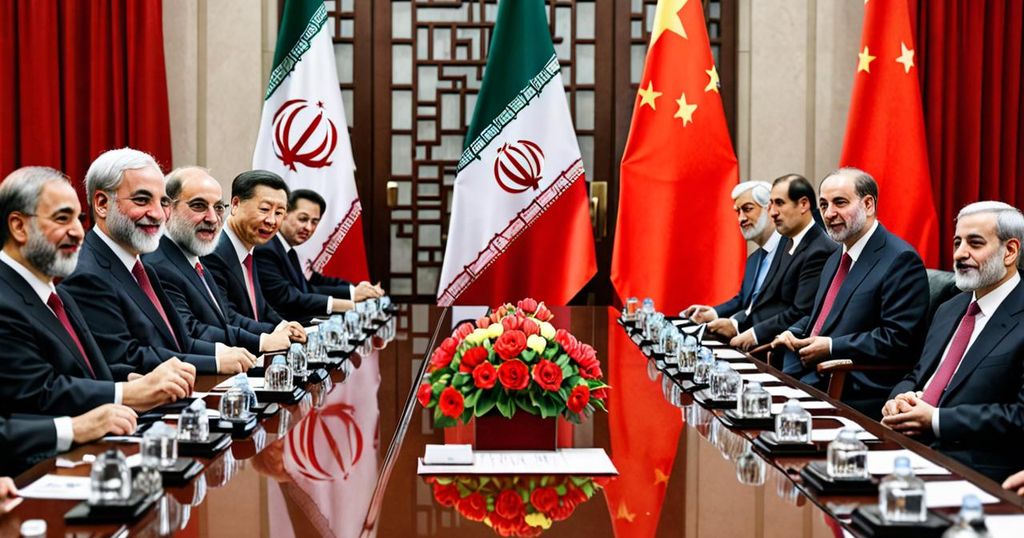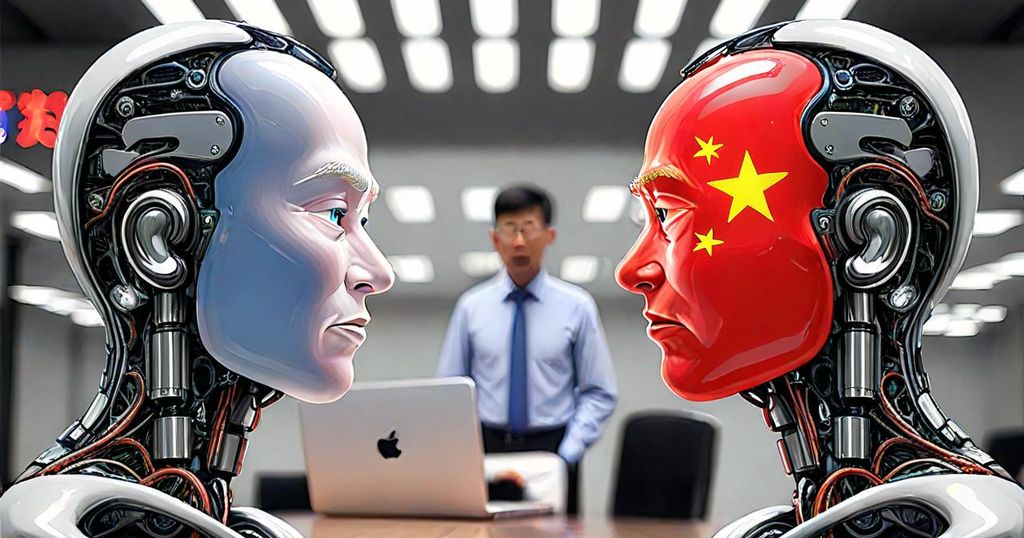The regulation of AI technology sales to China has emerged as a pressing concern for policymakers in the United States. Recent events have brought forth the challenges of enforcing these restrictions, prompting a heightened focus on this issue.
During the Reagan National Defense Forum in California, Gina Raimondo, the Secretary of the Department of Commerce, conveyed her frustrations with the limitations of existing regulations. Despite the department’s endeavors to tighten restrictions on the sale of American semiconductors to China, Nvidia, a leading chipmaker, swiftly developed a new AI chip that circumvented the new restrictions. Ms. Raimondo cautioned that any attempts to bypass these restrictions would be promptly addressed by the government.
This incident underscores the persistent challenge of controlling the sale of advanced technology to China. Over the last five years, the U.S. has been committed to curbing the flow of technology to Chinese companies. Recent reports reveal that Nvidia’s CEO, along with other industry leaders, has been summoned to testify before Congress about their business dealings with China. Furthermore, American lawmakers have initiated an investigation into ABB, a Swiss industrial group, and its ties to China. Both Nvidia and ABB have affirmed their cooperation with the government’s inquiries and their dedication to complying with export controls.
The struggle to effectively regulate the sale of AI technology to China reflects broader geopolitical tensions and concerns about national security. From a geopolitical perspective, controlling the transfer of advanced technology to China has become a paramount priority for the U.S. government. The rapid advancements in AI technology have raised apprehensions about potential ramifications of China gaining access to cutting-edge technology for military or surveillance purposes.
Cybersecurity and data privacy also bear significant weight in the regulation of AI tech sales. The potential misuse of advanced AI technology by foreign entities poses a substantial threat to national security and economic interests. Consequently, policymakers are confronted with the intricate task of reconciling economic opportunities with the imperative to safeguard national security.
In conclusion, the challenges of regulating the sale of AI technology to China are multifaceted, demanding a nuanced approach. The recent developments involving Nvidia and ABB illuminate the complexities of enforcing these restrictions and the persistent efforts to maneuver the intricate landscape of technological innovation, geopolitics, and national security. It is imperative for policymakers to engage in substantial dialogue with industry leaders and experts to develop effective strategies for regulating the sale of advanced technology to foreign entities.








